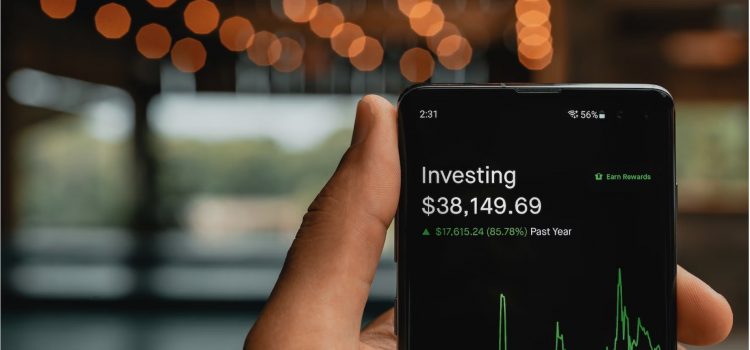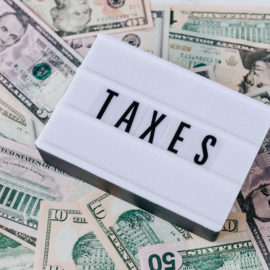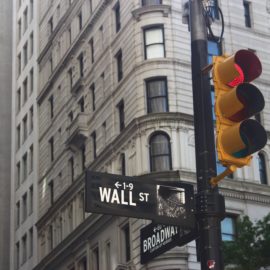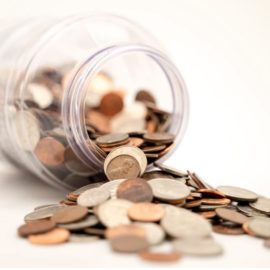
This is a free excerpt from one of Shortform’s Articles. We give you all the important information you need to know about current events and more.
Don't miss out on the whole story. Sign up for a free trial here .
Wondering why Robinhood is bad for you? What do critics say about the trading platform? What are the risks?
Robinhood’s user-friendly trading platform has created a fiercely loyal community of retail traders with the power to move markets. Critics contend that the Robinhood app’s focus on fun blurs the line between investing and gaming, and it encourages inexperienced traders to make risky bets they don’t fully understand.
Keep reading to find out why Robinhood is bad for you, according to critics.
Is Robinhood Bad? Why Critics Say It Is
Robinhood is a trading platform favored by individual retail investors that’s made headlines recently fueling frenzies for so-called “meme” stocks like GameStop or cryptocurrencies like Dogecoin. It’s attracted millions of millennials and Gen Z’ers by making trading cheap, simple, and fun. But the fun part has attracted critics who say the company has blurred the line between investing and gaming and encouraged swaths of inexperienced investors to take risks they don’t understand.
Cheap and Simple
Robinhood’s popularity is based in part on its zero-commission trading policy (since adopted by rivals) and its streamlined user experience. The app is intuitive and inviting—buttons are bright and clearly labeled, pages are uncluttered, and helpful information is sprinkled throughout. Additionally, users can buy just fractions of stock, so that, for example, someone can purchase $100 of Google instead of stumping up the $2,000-plus needed for a single share (another feature since adopted by rivals).
Too Fun?
It also makes the experience fun, and this is what critics object to, alleging the company purposefully incorporates addictive elements that blind novice users to the risks of investing.
For example, when a customer signs up, Robinhood gives them a random free share of stock. Some say this functions as a hook that gets users immediately emotionally invested and encourages them to come back to the app frequently to track a particular stock’s value. Additionally, visual cues (such as animations, bright colors, and celebrations like confetti after a user’s first trade) appeal to users’ emotional side and make trading feel like a game.
Perhaps the most addictive element, though, is the social one. Users have created an online subculture on forums like Reddit’s WallStreetBets through which they share wins, losses, stock tips, and camaraderie (connections that were heightened during the isolation of the pandemic). Because of this community, Robinhood sometimes feels more like a multiplayer video game than a brokerage house.
While Robinhood does not direct the community outside of its app, it does encourage it, offering free stock to those who sign up their friends and highlighting a list of the 100 most popular stocks, making users aware in real time of other users’ activity.
Taking Advantage of Inexperience?
Critics allege that Robinhood not only incorporates addictive elements but also uses aggressive tactics to encourage inexperienced traders to make risky bets without full information. For example, the app prominently advertises margin loans, whereby users can borrow funds from Robinhood to purchase more stocks, but it buries information about how much users might owe on these loans if their stocks sour. As a result, many traders who took on margin loans were caught by surprise (and forced to sell stock) when Robinhood demanded repayment after their picks plummeted.

Want to fast-track your learning? With Shortform, you’ll gain insights you won't find anywhere else .
Here's what you’ll get when you sign up for Shortform :
- Complicated ideas explained in simple and concise ways
- Smart analysis that connects what you’re reading to other key concepts
- Writing with zero fluff because we know how important your time is






